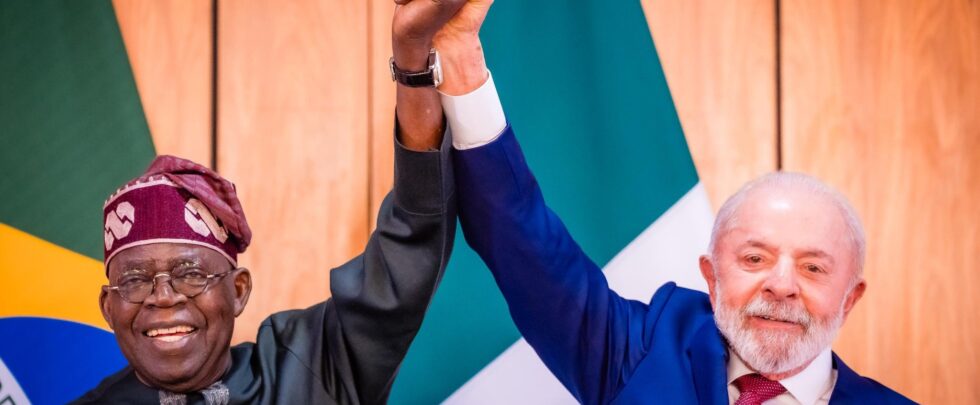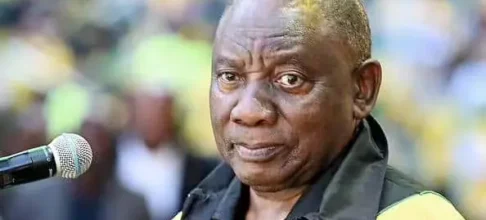The National Association of Nigeria Professional Footballers (NANPF), on Friday, commended President Bola Tinubu for signing a Bilateral Air Service Agreement (BASA) with Brazil, describing the deal as a potential game-changer for Nigerian sports.
The agreement, signed during Tinubu’s official visit to Brazil, is expected to enhance air connectivity between the two nations and open wide-ranging opportunities for sports professionals.
Director of Players’ Safety and Security at NANPF, CSP Chijioke Kalu Erem, said the agreement, signed during Tinubu’s official visit to Brazil, could revolutionise Nigerian football through strengthened collaboration with Brazilian and South American football institutions.
According to Kalu, improved connectivity will facilitate player exchange, technical partnerships, and greater competitive exposure for clubs in the Nigeria Premier Football League (NPFL).
He noted that Brazilian football enjoys global prestige, with a legacy of producing legends such as Pel, Ronaldo, Ronaldinho, and Neymar. Brazil has also won five FIFA World Cup titles, more than any other nation, highlighting its sustained excellence in global football.
Beyond talent development, Kalu emphasised that Brazil’s experience as host of major global tournaments, including the FIFA World Cup and the Olympics, provides a wealth of knowledge Nigeria can tap into.
He said: “Brazil has extensive expertise in facility safety, stadium maintenance, and crowd control management at football venues. These are areas the NPFL and Nigerian sports administrators must prioritise, and partnerships with Brazil can accelerate that process.”
He called on the NPFL, Nigeria Football Federation (NFF), and domestic leagues to seize the momentum and activate the agreement’s full potential. “Proactive engagement with Brazilian football bodies could pave the way for youth development programmes, joint training camps, friendlies, and scouting exchanges,” he said.
President Tinubu, in a post on his official X (formerly Twitter) handle, confirmed the BASA deal following his visits to Japan and Brazil. He described the agreement as part of his administration’s broader agenda to restore Nigeria’s pride and relevance on the global stage. While the Japan leg focused on technology and industrial investment, Brazil offered new avenues in aviation, trade, agriculture, and sports.
Kalu, who also serves as a board member of the Nigerian Mixed Martial Arts Federation, highlighted broader sports implications of the aviation agreement, including in Brazilian Jiu-Jitsu and Mixed Martial Arts (MMA), where Brazil is a global leader.
He said the deal could enable Nigerian fighters and coaches to access elite training centres, participate in coaching exchanges, and compete in international MMA tournaments.
Kalu encouraged Nigerian sports authorities to incorporate martial arts into future exchange programmes with Brazil and apply lessons from Brazil’s sports infrastructure to improve Nigeria’s own systems.
He added, “Brazil has successfully leveraged its sports culture and expertise to become a global leader, not only in football but also in combat sports. Nigeria can learn from this blueprint to develop its local sports ecosystem.”
He said that the Nigeria-Brazil aviation deal should be seen not just as a diplomatic breakthrough, but as a strategic foundation for long-term sports development and international collaboration.















